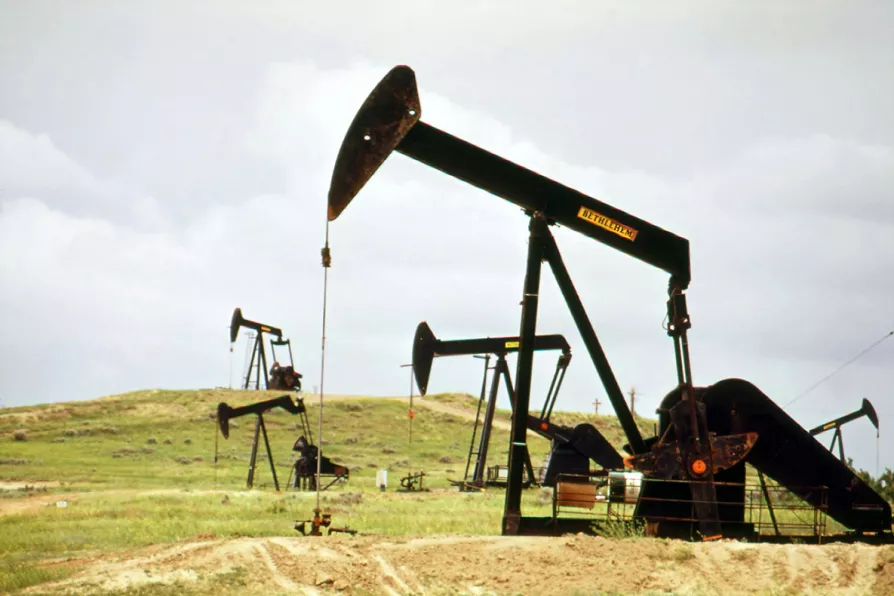As tens of thousands return to the streets for the first national Palestine march of 2026, this movement refuses to be sidelined or silenced, says PETER LEARY

 [Boyd Norton / Documerica / Creative Commons]
[Boyd Norton / Documerica / Creative Commons]
THE great powers — the leading players in the imperialist system — have always required a source for the energy to drive their economic engines. They needed energy resources to build and empower their military might; they needed energy to grow their national economies and power their vessels of trade and transport. Indeed, their socio-economic systems would have collapsed without ample and available energy sources.
At the dawn of the capitalist industrial era, that source came mainly from coal. Coal powered the machines that grew the productivity of labour to great new heights. It is reasonable to think that only those countries with easy access to coal could then become great capitalist powers.
Beginning at the turn of the last century, oil — an abundant, efficient, and easily stored and transported energy source — became essential for the exercise of economic and military might. As modes of transport became dependent upon petroleum products, an intense rivalry was stoked for access to oil, often found in more remote areas of the world, far removed from the great urban centres of the great capitalist powers.

Western nations’ increasingly aggressive stance is not prompted by any increase in security threats against these countries — rather, it is caused by a desire to bring about regime changes against governments that pose a threat to the hegemony of imperialism, writes PRABHAT PATNAIK













